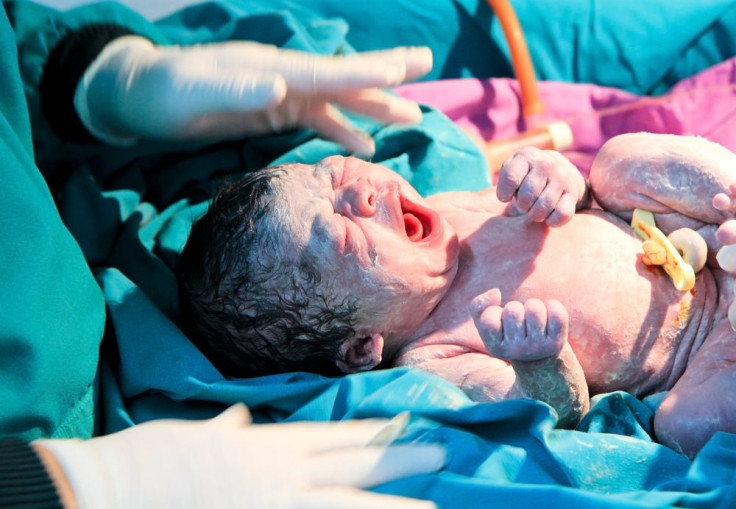Maternal Mortality And Its Dark Side: 56-Year-Old Woman Dies Days After Giving Birth To Twin Boys

A 56-year-old new mother died only seven days after giving birth to her twin sons. Her death, though tragic, reflected a sad truth: Maternal deaths in America are the highest they’ve been in 30 years, with rates on par with countries such as Belize and El Salvador. There is no one reason for the alarming increase in maternal death, but it’s believed that increased maternal age may play a part.
According to the late Lisa Swinton McLaughlin’s husband, Mike, his wife had longed for children for more than 30 years. “She wanted what every other woman had, and that’s children,” the 67-year-old retiree told Omaha.com. After 10 years of failed artificial fertilization procedures, McLaughlin finally fell pregnant at 56 years of age. Unfortunately, she developed gestational diabetes, a condition common among pregnant women over the age of 35, and by December she became bedridden after one twin caused blood-flow problems, the Daily Mail reported.
Due to her condition, doctors decided to deliver her son via C-section on Dec. 27, 2014. Though their birth was premature, the boys were reportedly born healthy. Unfortunately, the same could not be said for their mother. McLaughlin complained of stomach pain, which she had attributed to her C-section incision. In reality, the new mother was suffering from a severe bowel obstruction. A week after giving birth McLaughlin passed away from her condition, leaving her newborn sons in the care of her husband.
In general, the optimal period for a woman’s fertility is between 20 and 35 years of age. Anything before or after these ages comes with increased risk of complications. However, thanks to modern medical achievements, the “biological clock” is no longer as big of an issue as it once was for women hoping to fall pregnant. According to a survey from the Pew Research Center, since 1990 birth rates have risen for all women aged 30 and older, but this increase was most significant in women in the oldest age groups. For example, there was a 47 percent increase in women aged 35 to 39 and an 80 percent increase in women aged 40 to 44.
Pregnancies in older women are associated with greater risk of miscarriage, stillbirth, cancer, needing a caesarean or assisted delivery, fetal anomalies such as Down syndrome, and even a heart attack in pregnancy, albeit a rare event, Dr Tony Falconer, the president of the Royal College of Obstetricians and Gynecologists (RCOG) in England told The Guardian. These types of pregnancies are also associated with increased risk for gestational diabetes and multiple pregnancy, such as what occurred in McLaughlin’s case. Both these conditions can complicate childbirth and increase the risk of developing injuries.
For now, McLaughlin’s husband has hired a nanny to help take care of the newborns, but he told the media that he soon plans on moving back to his home state of Nebraska where other family members and friends can help out with raising the boys.



























